Incluvie – Better diversity in movies.
Identity in film through scores, reviews, and insights.
Incluvie – Better diversity in movies.
Explore identity in film through scores, reviews, and insights.
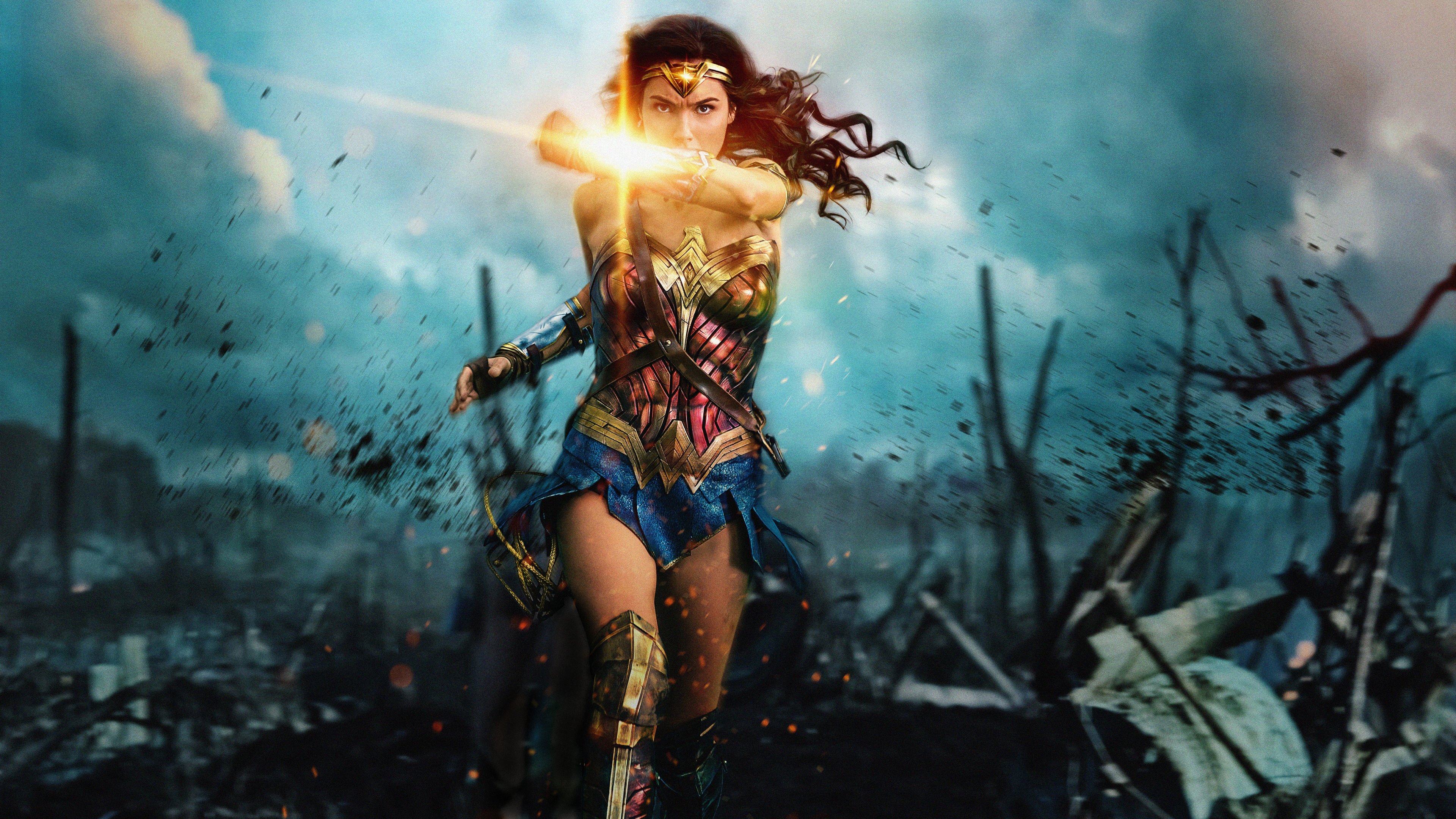


Wonder Woman (2017)


Incluvie Related Articles
Thunder Force Fails to Bring the Thunder
August 18, 2021The concept behind Thunder Force sounds exactly like what the superhero genre has lacked: diversity. On a deep level, this genre lacks female superheroes that are not sidekicks. When I say diversity, however, I also mean normal people—not Scarlett Johansson, Chris Evans, or Henry Cavill. Even with more heroines receiving their own solo installments such as Wonder Woman (2017), Captain Marvel (2019), and this year's Black Widow (2021), a superhero film with two women front and center (Melissa McCarthy and Octavia Spencer) that do not fit the standard Hollywood mold sounds refreshing. When a friend informed me of not only the premise but that it was streaming on Netflix, I eagerly launched the streaming app.
Like a giddy schoolgirl, I felt as if I was opening a gift of change. Admittedly, the opening drew me in: two social outcasts who meet on the playground, establishing the foundation of not only their connection but who they would become in the world. That world is one filled not with superheroes—but villains. The catch? The villains and superheroes are one and the same. Labeled as "miscreants," the superheroes are destructive in nature, resulting in the murder of Octavia Spencer's parents when she was a child.
Even while writing this description, it sounds unlike a movie with a Hollywood budget. There was hope that this film would represent social outcasts and anyone who has never felt represented on screen.
This female-led comedy attempted to harness both the comedic prowess of Melissa McCarthy and the stunning intensity of Octavia Spencer to drive a plot that failed to reveal itself by the end of the film. The casting of Octavia Spencer alone had convinced me if the plot fell short, her performance could at least carry the film. This was a short-lived conclusion.
The opening scene that initially drew me in became predictable and trite, but I still wanted to give the set-up credit—this was a time to establish the bond between the two main characters. Following the conclusion of the opening scene, I couldn't help but think the set-up was all wrong. The first major event that took place on the playground was the junior version of Lydia (Melissa McCarthy) saving Emily (Octavia Spencer) from a bully. Que the white savior. This established an imbalanced power structure for the character development going forward. Emily should have saved Lydia in this scene.; which would not only send the progressive message but be a proper inciting incident for the rest of the film. In actuality, Lydia should have been the sidekick, as the film struggled to support itself with her as the lead.
HBO Max: The Best Movies and TV Shows for Diversity
June 1, 2021With COVID-19 cases on the decline and vaccinations on the rise, more and more movie theatres are reopening their doors. If you're anything like me, though, you're still working through the backlog of content on all those streaming services you subscribed to during quarantine. So far, HBO Max has impressed me the most with the size and caliber of its library. Before you cancel your subscription, check out these movies and shows that earn high marks for both quality and diversity.
This critically acclaimed Brazilian film offers an unflinching look at organized crime in the titular "city," a suburb of Rio de Janeiro. The vast majority of the cast were unknown prior to City of God. In fact, some of them (particularly the child actors) were residents of favelas: rural slums in Brazil that date back to the expulsion of formerly enslaved African people from major cities. Casting people from the setting that the film portrays results in a raw realism that may not have been achievable with professional actors. Douglas Silva stands out as Li'l Dice, a deeply disturbed and deeply disturbing child who grows up to be a sadistic drug lord. However, while City of God doesn't shy away from the horrors of organized crime, it also emphasizes the systemic failures that lead people to commit crimes in the first place.
Top 30 Female Leads in Movies
May 13, 2021The characters that made the cut are in essence — girls that kick butt, challenge stereotypes/gender norms, and are just in general, great characters to begin with. Who says a girl can’t have some spunk?
Matilda is a special girl with telepathic powers and a brilliant mind for her age. She frequently stands up to her ruthless principal and parents with both her smarts and psychic abilities.
Pictures and Videos

Movie Information
An Amazon princess comes to the world of Man in the grips of the First World War to confront the forces of evil and bring an end to human conflict.
Cast
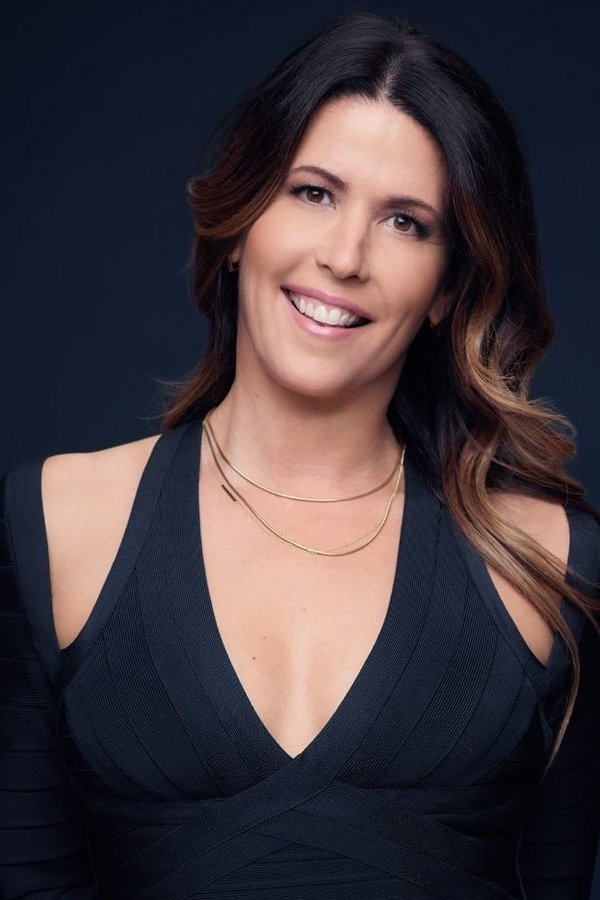
Patty Jenkins
Director

Patty Jenkins
Director

Gal Gadot
Diana Prince / Wonder Woman
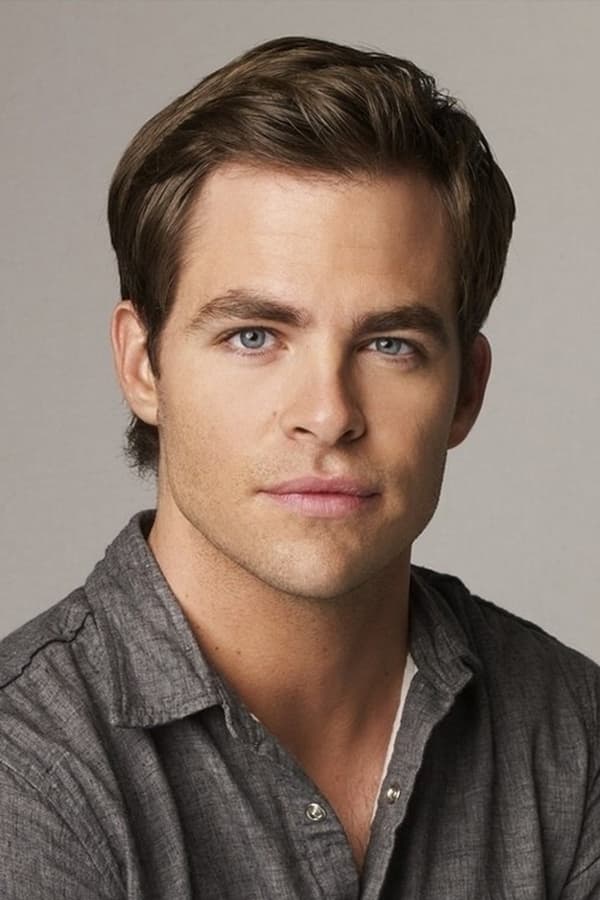
Chris Pine
Steve Trevor

Connie Nielsen
Hippolyta

Robin Wright
Antiope

Danny Huston
Ludendorff

David Thewlis
Sir Patrick / Ares
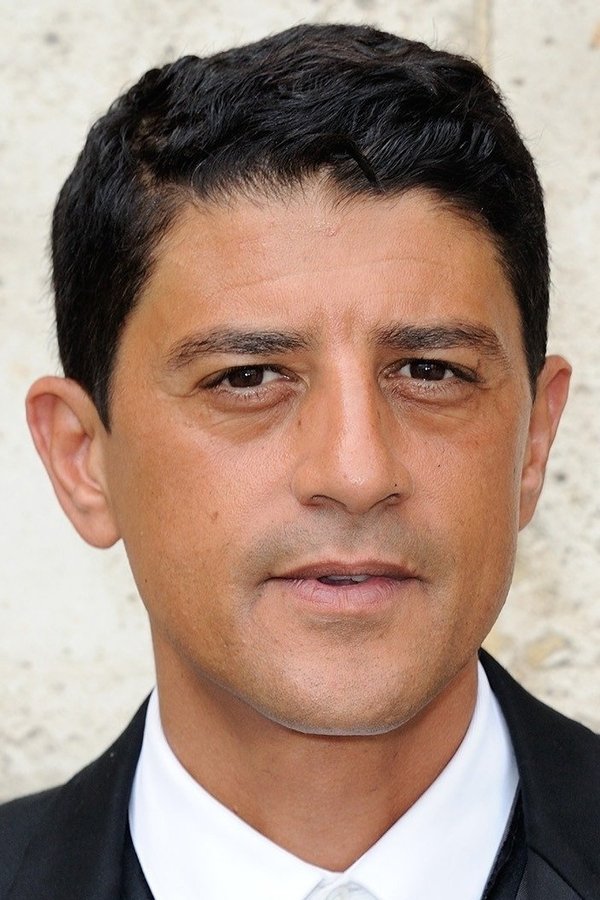
Saïd Taghmaoui
Sameer

Ewen Bremner
Charlie

Eugene Brave Rock
The Chief
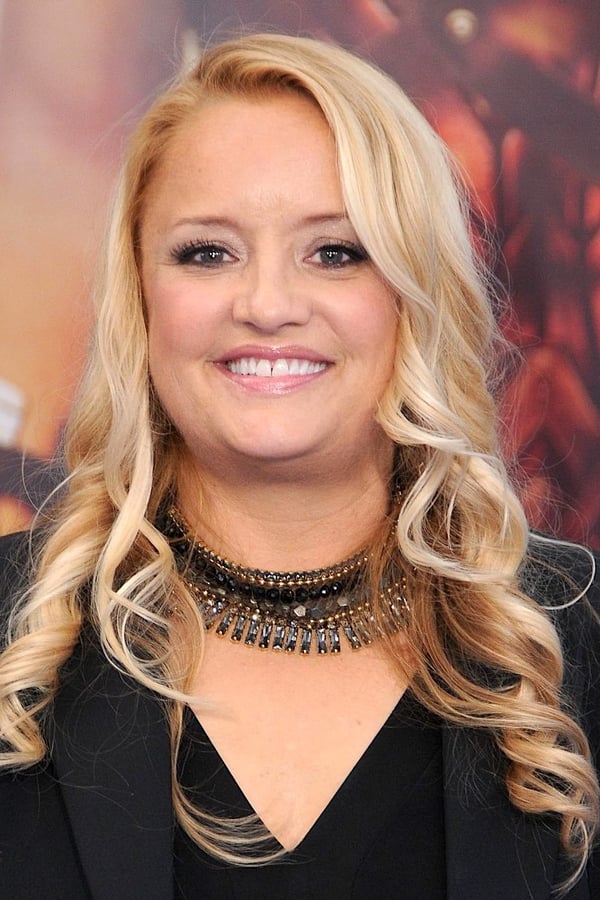
Lucy Davis
Etta
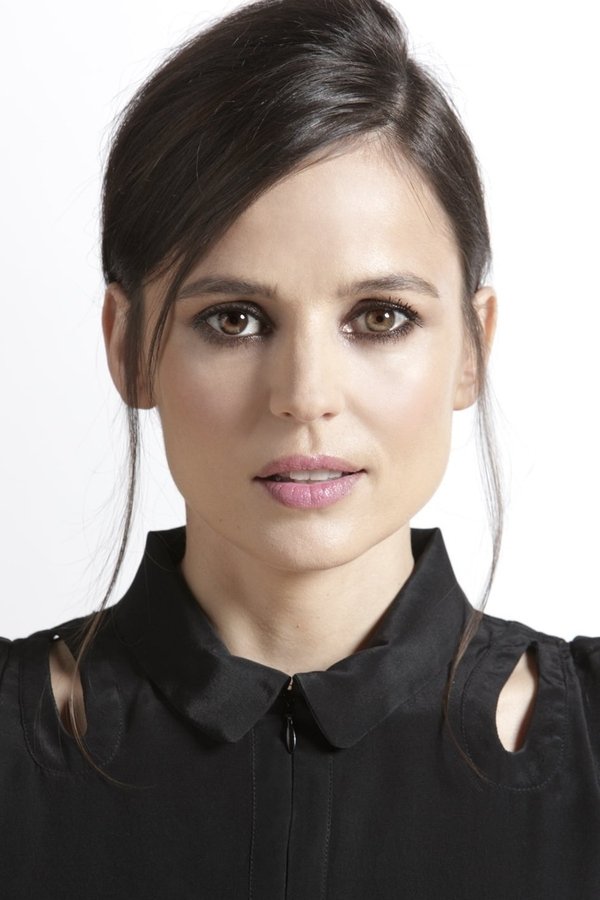
Elena Anaya
Dr. Maru
Articles You May Like
Caught Stealing: New York, Crimes, Baseball, and Cat
The trainwreck is hot but tame.
Netflix's New German Movie 'Black Island': More Flaws Than Strengths
If Miguel Alexandre were trying to make a revenge story seem dull without using all the effective formulas that work great in this catchy genre, he could not have accomplished his purpose much better than he unintentionally has in Black Island.